Changeling, The (1980)
“That house is not fit to live in. No one’s been able to live in it. It doesn’t want people.”
|
Synopsis: |
|
Genres, Themes, Actors, and Directors:
Review: Scott is typically fine (if perhaps a tad too stalwart) in the lead role: and his real-life wife (Trish Van Devere) registers an appropriate level of mounting trepidation as Scott’s realtor and amateur-sleuthing-partner (though their relationship remains frustratingly opaque). Ultimately, this one is really only must-see for fans of the genre, who will likely enjoy the intermittent chills and thrills it provides. Best scene: the genuinely freaky seance, which suddenly and effectively shifts the film into high gear. Redeeming Qualities and Moments: Must See? Links: |
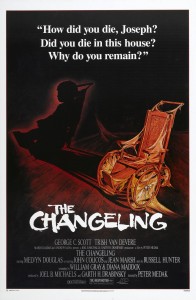
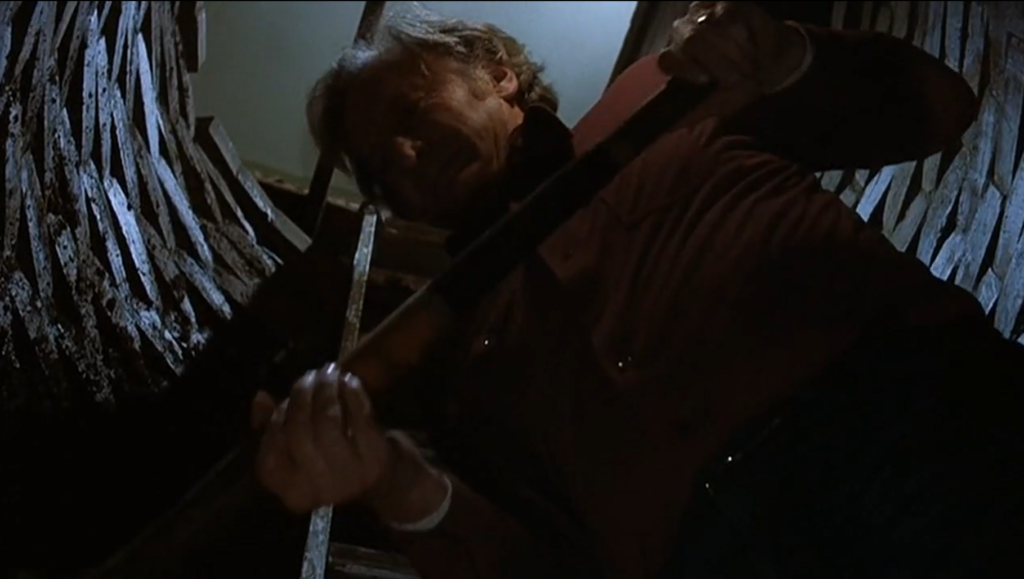
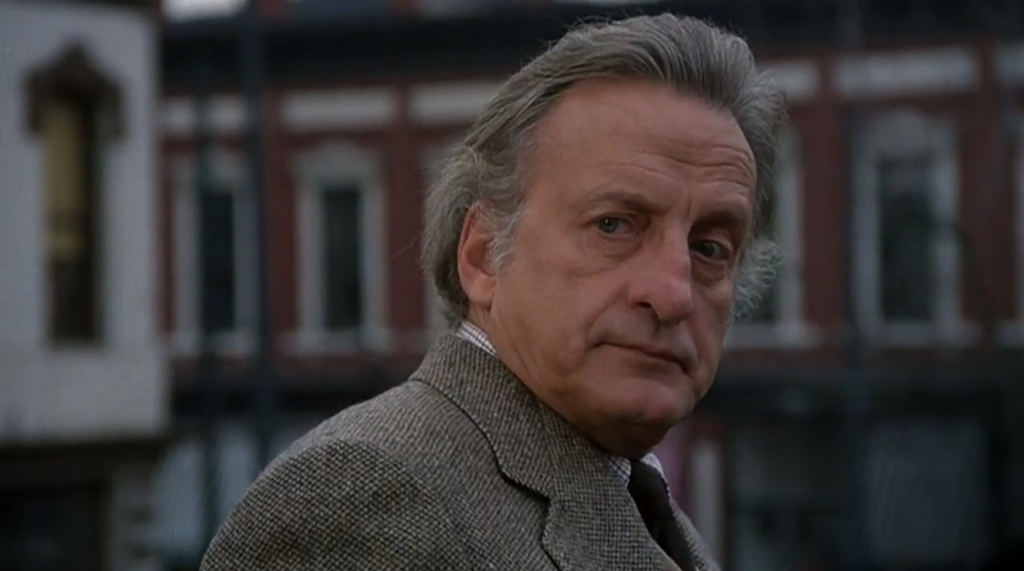
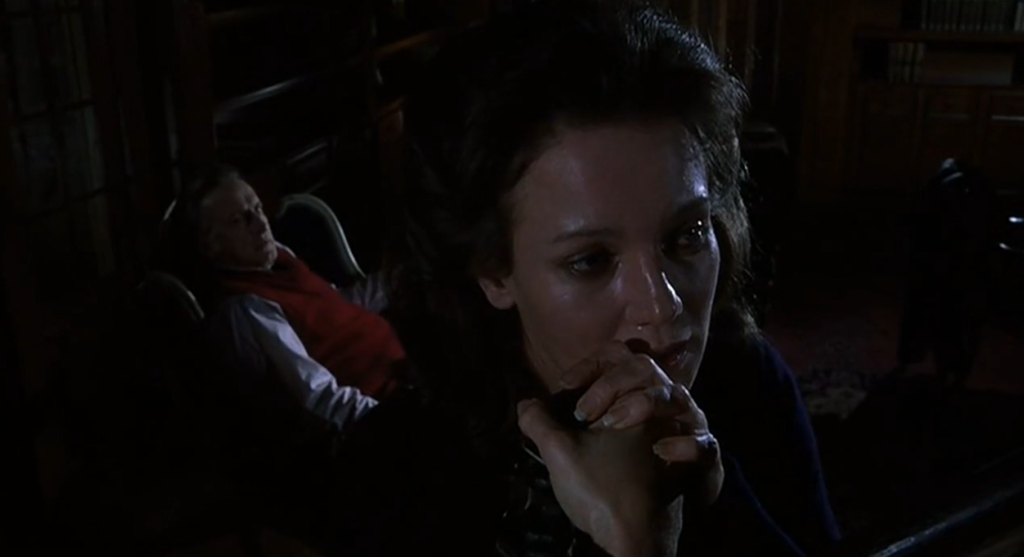
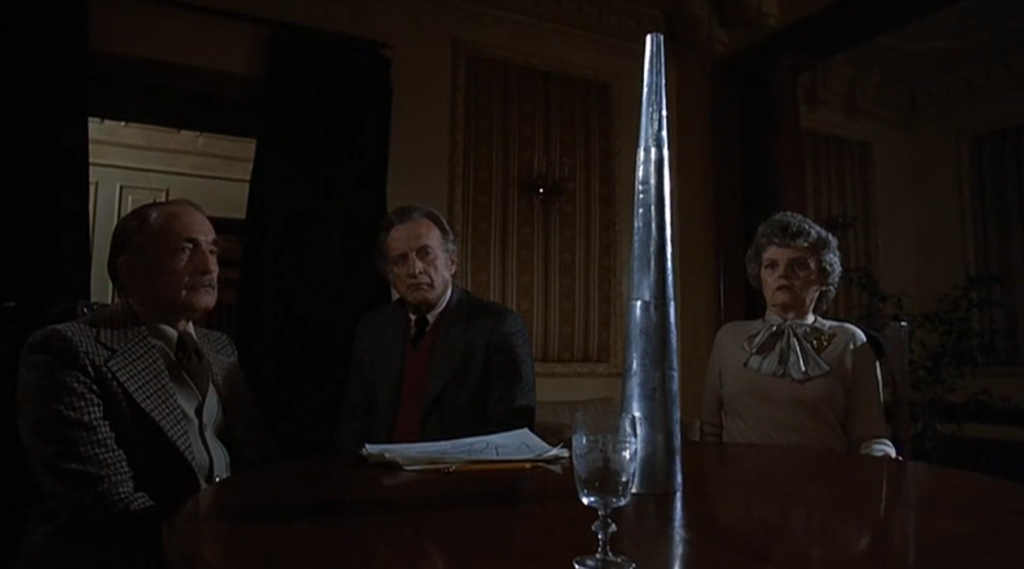
2 thoughts on “Changeling, The (1980)”
Not a must.
‘The Changeling’ is, indeed, a very disappointing film overall. It tries way too hard. It also takes way too long in getting where it wants to go – the implication being that the payoff is going to be so incredible that the reveal is worth the build-up. Yes, the root of the premise is a strong one, and the ‘secret’ is worthy of drama. But the script overcompensates for a plot-line that ultimately is not complex enough (or is not allowed to be complex enough) to benefit from the additional trappings the film is laced with.
Medak is a more-than-competent director usually (and has revealed some of his best work in ‘The Ruling Class’, ‘The Krays’ and ‘Romeo is Bleeding’). But, here, he (like the script) also seems to want to make-up for the fact that the piece he’s saddled with is too thin – so he zeroes in on atmosphere. Still, there’s only so much he can do.
This is a film that requires you to suspend quite a bit of disbelief (i.e., it’s particularly strange that a ghost tale of revenge should, somewhere along the line, introduce satanic elements). On the one hand, it’s effective enough for those who enjoy totally buying into the idea of a presence in a house. On the other hand, it also flirts with being unintentionally funny.
Agreed: by far, the film’s highlight is the seance (esp. with its depiction of automatic writing on the part of the psychic). This scene is so strong that one wishes it were in a whole other and better film.
A fine film to my mind, scared the crappola out of me back in 1981 when I saw it on HBO. 84% on Rotten Tomatoes and now considered as one of the best filmed ghost stories or it’s era, possibly of all time. The consensus on the website: “George C. Scott’s somber performance gives this haunted house horror a moving soul to go along with its harrowing scares.”
Not sure it’s essential for FFs however as I prefer The Innocents (1961), The Hunting (1963) and The Legend of Hell House (1973).